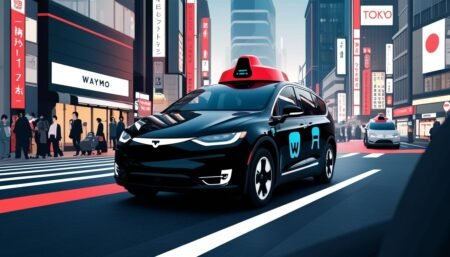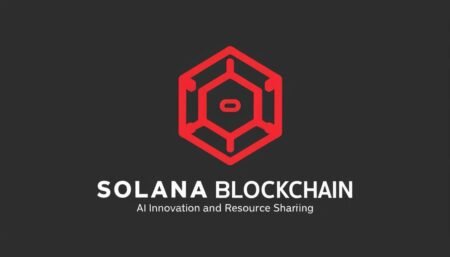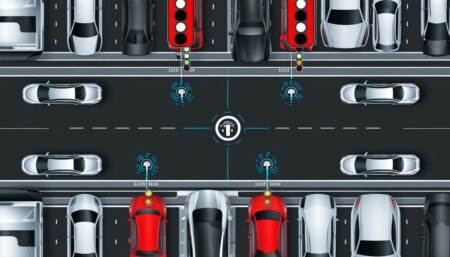UAE President Sheikh Mohamed bin Zayed al-Nahyan embarks on a crucial visit to the US to enhance ties in artificial intelligence, amidst ongoing regional challenges and strained relations.
UAE Leader Visits Washington to Forge AI Collaboration Amid Regional Tensions
Washington, D.C. – In a move poised to reshape economic and technological ties, UAE President Sheikh Mohamed bin Zayed al-Nahyan is set to arrive in the United States on Monday for his first official visit in seven years. The visit underscores a significant shift in focus toward artificial intelligence (AI) cooperation between the two nations. President Sheikh Mohamed will meet with US President Joe Biden, showcasing the UAE’s ambition to position itself as a leader in AI.
The UAE’s leader seeks to secure more accessible routes to advanced US-made technologies, characterising this visit as a pivotal point in AI relations. This meeting takes place amid a backdrop of strained relations following perceived inadequate support from the US during the Houthi rebel attacks on Abu Dhabi in 2022, and a stalling formal security pact.
AI has emerged as a central component of Abu Dhabi’s broader strategic plan to reduce its dependence on fossil fuels. Given its oil-rich economy, the UAE has proactively sought new avenues of revenue by investing in futuristic technologies. Anwar Gargash, Sheikh Mohamed’s diplomatic advisor, stated, “We cannot let this sort of wave of technological breakthroughs pass by us. If we believe that hydrocarbon is on the way out, slowly but surely, then we have to replace the revenue stream through something else.”
The White House, represented by spokesman John Kirby, noted that alongside AI, key discussions would include regional issues such as the Israel-Hamas war in Gaza, the conflict in Sudan, climate change, and the UAE’s role in the Group of Seven’s global infrastructure partnership. Vice President Kamala Harris is also expected to hold a separate meeting with Sheikh Mohamed.
The specific focus on AI has re-energised bilateral relations, but it isn’t without hurdles. Last year, the US imposed restrictions on the free import of advanced AI chips to the UAE, over concerns they could be leaked to China. Consequently, companies must now apply for licences to obtain these chips. Despite these complications, there appears to be progress: Brad Smith, president of Microsoft—which recently invested $1.5 billion in UAE’s AI group G42—mentioned that clarity on export controls is emerging and applications are near completion.
The UAE’s push for deeper ties with American tech companies is visible through partnerships like G42’s recent collaboration with Nvidia on a weather forecasting initiative. Such alliances are part of a broader ambition to attract US petrodollars into tech investments, as demonstrated by the establishment of the $30 billion MGX fund for data centers and energy, initiated by Abu Dhabi’s investment vehicle in collaboration with BlackRock, Global Infrastructure Partners, and Microsoft.
Sheikh Tahnoon bin Zayed al-Nahyan, who heads G42, has been instrumental in these efforts, having visited Washington in June. Notably, there were discussions between OpenAI’s founder Sam Altman and Sheikh Tahnoon about financing a significant chipmaking project, reinforcing the UAE’s intent to become a technological hub.
Despite regional tensions, notably with the escalating hostilities between Israel and Hezbollah, the UAE continues to diversify its alliances. Known for its stability, business-friendly environment, and economic prowess, it maintains solid relations with China and India, with recent high-profile visits reinforcing these connections.
Gargash emphasised that the UAE’s relationship with the US remains strategically paramount, even if occasional tensions arise. This visit is seen as an opportunity to solidify economic and technological frameworks that could withstand potential changes in the White House administration come January.
This official visit, set against a complex geopolitical landscape, marks a significant step toward the UAE’s vision of transforming its economy through AI while maintaining its pivotal role in Middle Eastern stability.
Source: Noah Wire Services
















